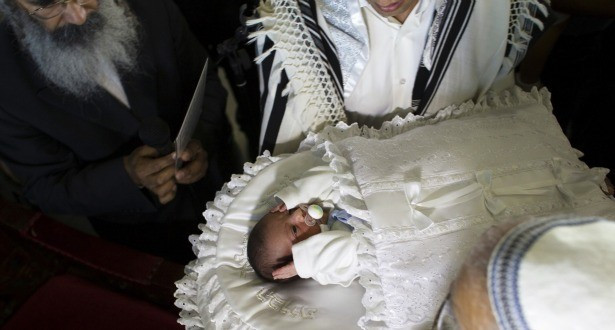Boys Circumcised after First Birthday 'Have Up to 20 Times Greater Risk of Side Effects'

The risk of side effects following male circumcision increase by up to 20 times if the procedure is carried out after the boy turns one year old, a new study suggests.
Professor Charbel El Bcheraoui, author of the research published in the Jama Network Journals, found that the risk of side effects among babies less than a year old is 0.5%. However, the risk becomes ten to 20 times higher after this age.
Side-effects of circumcision include pain, bruising and swelling of the skin around the penis, formation of abnormal scar tissue and damage of urethra. Circumcision is also believed by some to have negative effects on sexual health.
The new study, based on data from about 1.4 million circumcised males, comes after the American Academy of Pediatrics announced its support for education and access to infant male circumcision.
Earlier this year another research team supported circumcision during infancy. An international team of experts from the US and Australia said the health benefits of infant male circumcision exceed the risks by 100: 1.
The biggest immediate benefit is to protect against urinary tract infections (UTIs) that can damage the kidney – a condition that affects one in three uncircumcised boys - while researchers also found circumcision had no adverse effect on sexual function, sensitivity or pleasure.
It has also been suggested that male circumcision can protect against the contraction of HIV.
This view, however, is in direct opposition to a report published by the European Council last year, which called the practice a human rights violation. Medical associations in Sweden and Denmark urged for non-medical circumcision of boys to be banned, recommending a minimum age of 12 for the procedure, as well as the boy's consent.
"Given the current debate about whether MC should be delayed from infancy to adulthood for autonomy reasons, our results are timely and can help physicians counsel parents about circumcising their sons," El Bcheraoui said.
© Copyright IBTimes 2025. All rights reserved.




















